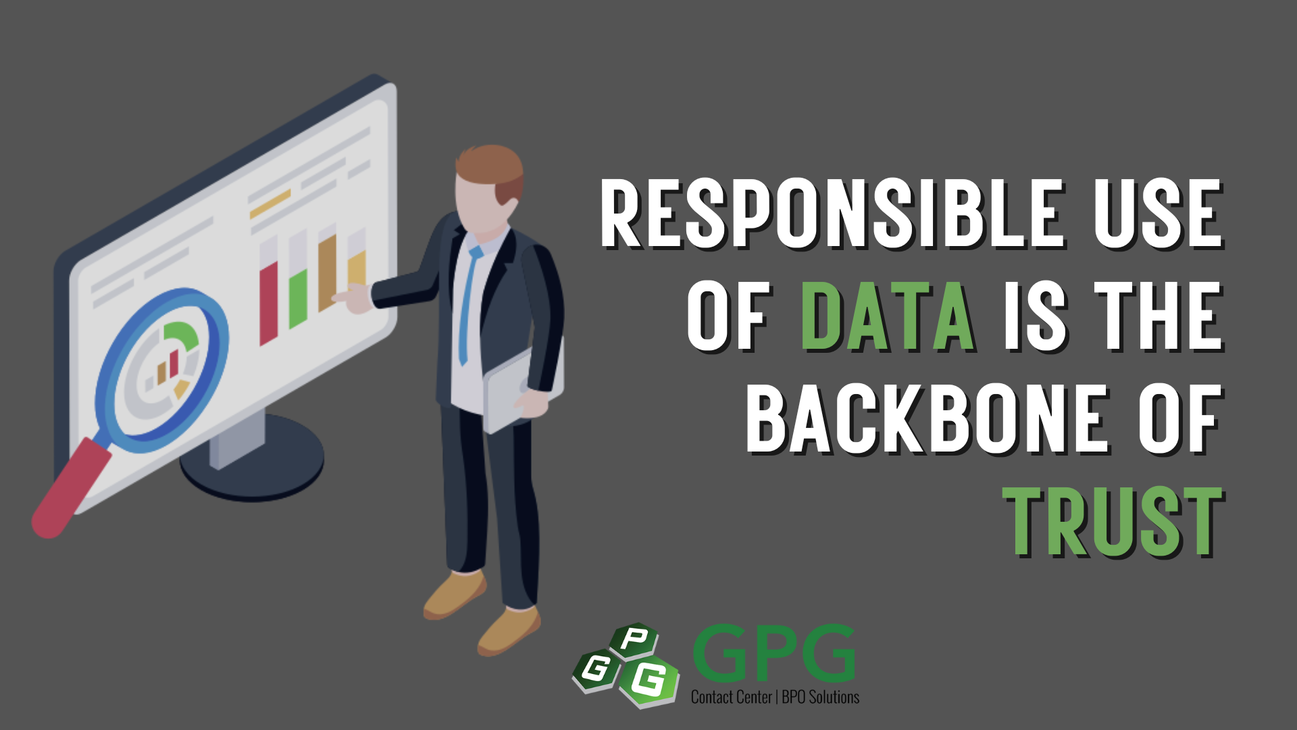Personalise the experience and make every interaction count
Today’s interactions between a consumer and a brand are defined by data. It is fundamental for learning what customers need from a company, and provides the foundational blueprint for shaping products, services, content, and experiences to suit them. Access to data in real time and at scale enables brands to have consistency across channels and touchpoints – with experiences seamlessly tailored to how customers chose to interact with a company. It’s clear when data is used to create great and considered experiences, trust increases. We know from the Adobe Trust Report research that 61% of UK consumers say relevant, personalised content delivered at the right time boosts trust and 47% say good creative content elevates their trust in one company over another. Personalisation through effective use of data can also be considered a key factor in earning consumer trust. More than two-thirds (69%) of consumers say their trust in a brand will fall when personalisation is poor, while over half (59%) will stop purchasing from a brand that fails to provide the tailored experiences they value. A potential explanation for the value placed on personalisation is that consumers may view the benefit of customised services as outweighing the risk of sharing personal information. Consumers see the practicality of personalising services, thus fostering trust in the organisation who provides it.Care for data and respect consumer wishes
Personalised content, experiences and services are a clear way to show a customer that a brand values their relationship. Protecting the data that enables these benefits will also act as a multiplier for consumer trust – showing that the brand really has the consumers’ interest at heart. Consumers are highly aware of the value their data has and are sensitive to any incidents where it is lost or used inappropriately. Two-thirds of consumers would stop purchasing from a company that uses their data without permission, while almost as many (73%) would stop purchasing if a company disrespects their data preferences or experiences a data breach (68%). A potential explanation for this sensitivity is that it stems from the belief that companies are more interested in profit than the safety of their customers’ information. Worryingly, the stats show that currently only a quarter (26%) of consumers feel the benefits they receive from companies collecting data about them outweigh the potential risks – a clear opportunity where brands can improve. It’s clear that responsibility with data is not just about protection. Cybersecurity experts talk about a data breach being a matter of “when” not “if” and the same can be said for breach of trust, no matter how well intentioned a brand is. Constant perfection is the goal, but it’s not possible in the real world. However, if trust is lost, with a bit of work it can be regained. To win back trust, UK consumers say they need to see a tangible commitment to keeping data safe (88%), providing transparency and control over how their data is used (86%), and, importantly, apologising (84%).Treat trust as a critical business focus
We know that trust drives differentiation between competitors, and that extra potential of at least £250 per customer per year could be a material benefit to the bottom line. Leaders recognise how crucial it is to win the trust of their consumers – but it’s clear there’s a challenge. With 7 in 10 senior business leaders in the UK finding it harder to build and maintain trust compared to two years ago, we see that the old assumptions about how to win over consumers must be interrogated. Building and maintaining trust is not a one-and-done project, it happens with every interaction. Proper data responsibility is the key to ensuring each of those transactions is working hard to bring you and your customers closer together.Source: Responsible use of data is the backbone of trust | MyCustomer


